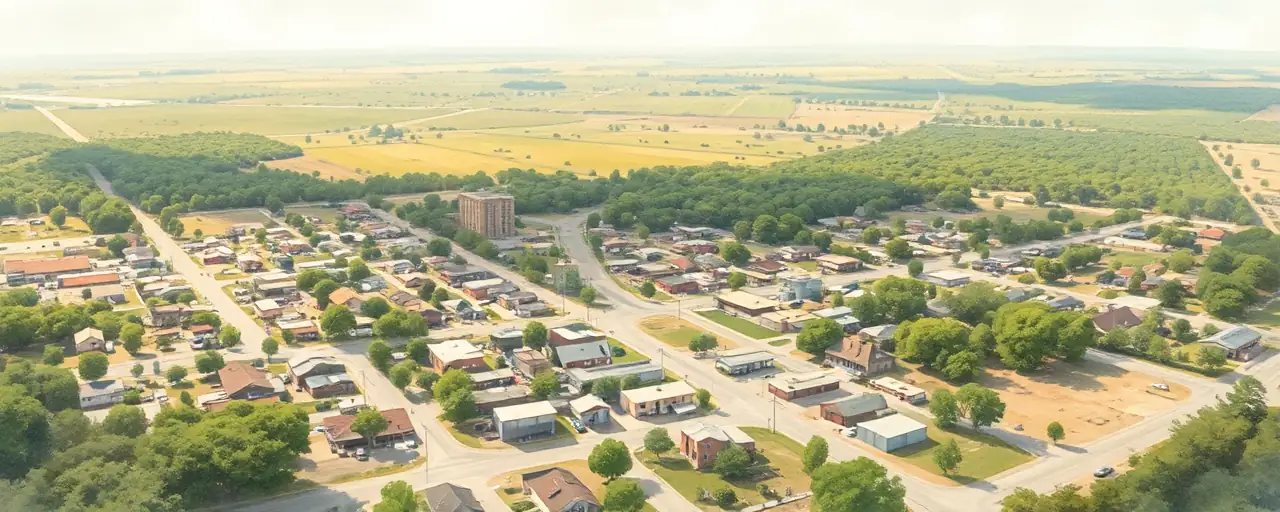A Sudden Bust in Bryan
On April 9, 2025, law enforcement descended on Bryan, Texas, in a coordinated sting that felt like it came out of nowhere. U.S. Immigration and Customs Enforcement (ICE), alongside the FBI and Texas Department of Public Safety, arrested Jesus Alberto Escalona-Mujicas, a 47-year-old Venezuelan identified as a member of the notorious Tren de Aragua gang. The operation unfolded as part of a broader effort targeting individuals living in the U.S. illegally, with Escalona-Mujicas now in custody at the Montgomery Processing Center in Conroe, awaiting deportation.
The arrest has thrust a spotlight onto the tangled web of immigration enforcement and public safety. Escalona-Mujicas entered the U.S. undetected at an unknown time and place, only surfacing in official records when Border Patrol apprehended him near Brownsville in April 2023. Ordered removed by an immigration judge in March 2024, he slipped away before authorities could act, raising questions about how such cases are tracked and what they mean for communities on the ground.
The Reach of Transnational Gangs
Tren de Aragua, the gang tied to Escalona-Mujicas, is no small player. Born in Venezuela, it has stretched its operations into states like Texas, Florida, and New York, leaving a trail of violence, extortion, and trafficking in its wake. Law enforcement officials point to the gang’s knack for exploiting immigrant communities, using fear to tighten its grip. Just this February, the U.S. labeled eight such groups, including cartels, as Foreign Terrorist Organizations, a move aimed at choking their cash flow and curbing their reach.
The stakes are high. Data from late 2024 shows over 100 investigations into suspected Tren de Aragua associates nationwide, a sign of the gang’s growing footprint. Experts argue that porous borders and strained resources give these groups room to maneuver, while others stress that international partnerships and sharper surveillance are key to pushing back. For residents in affected areas, the threat feels all too real, a daily reminder of how global crime can land on their doorstep.
Deportation’s Uphill Battle
Getting someone like Escalona-Mujicas out of the country is harder than it sounds. ICE notched a 70% jump in removals last year, deporting 68,000 people in a single quarter, yet the system still creaks under pressure. Legal hurdles, like protections under the Convention Against Torture, can stall proceedings, while some nations flat-out refuse to take their citizens back. Add in a shortage of detention beds, and the picture gets messy fast.
Voices on all sides weigh in. Supporters of tougher enforcement say swift deportations keep dangerous individuals off the streets, pointing to cases like this one as proof. Others argue the process often sacrifices fairness, with expedited removals cutting corners on due process and splitting families apart. Daily arrest numbers tell part of the story, hovering at 724 in early 2025, down slightly from 759 the year before, suggesting that even with more funding, the results aren’t always what people expect.
Venezuela’s Exodus Fuels the Fire
The arrest ties into a bigger wave. Venezuelans have poured across U.S. borders in record numbers, with encounters spiking from 4,520 in 2020 to 334,914 in 2023. Economic collapse and political chaos back home have driven over half a million to try their luck here since 2021, many drawn by policies like Temporary Protected Status. Families now make up over 40% of those crossing, a shift from the lone travelers of earlier years.
It’s a double-edged sword. While some see these migrants as victims fleeing hardship, others flag security risks, noting Venezuela’s lax travel document controls have let non-citizens with troubling ties slip through. The mix of desperation and opportunity keeps the debate simmering, with no easy fix in sight.
What’s Next for Enforcement
The Bryan arrest is just one piece of a sprawling puzzle. ICE’s Houston field office frames it as a win for public safety, a chance to yank a violent player out of circulation. Yet the numbers and stories behind these operations reveal a system stretched thin, juggling legal mandates, limited resources, and a flood of new arrivals. For every high-profile bust, countless others remain at large, absconding into the shadows.
The conversation isn’t going away. Law enforcement vows to keep hunting gang members and bolstering border control, but the challenges, from courtroom battles to international standoffs, loom large. For people watching from the sidelines, it’s a stark look at how immigration laws collide with real life, leaving communities to sort out the fallout one arrest at a time.
